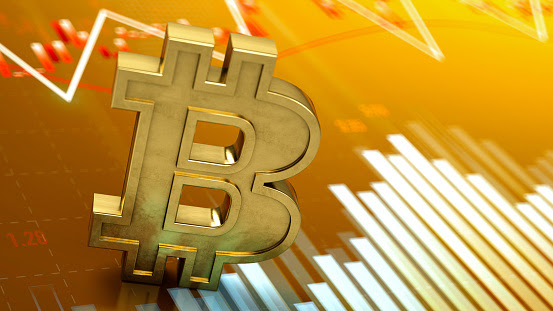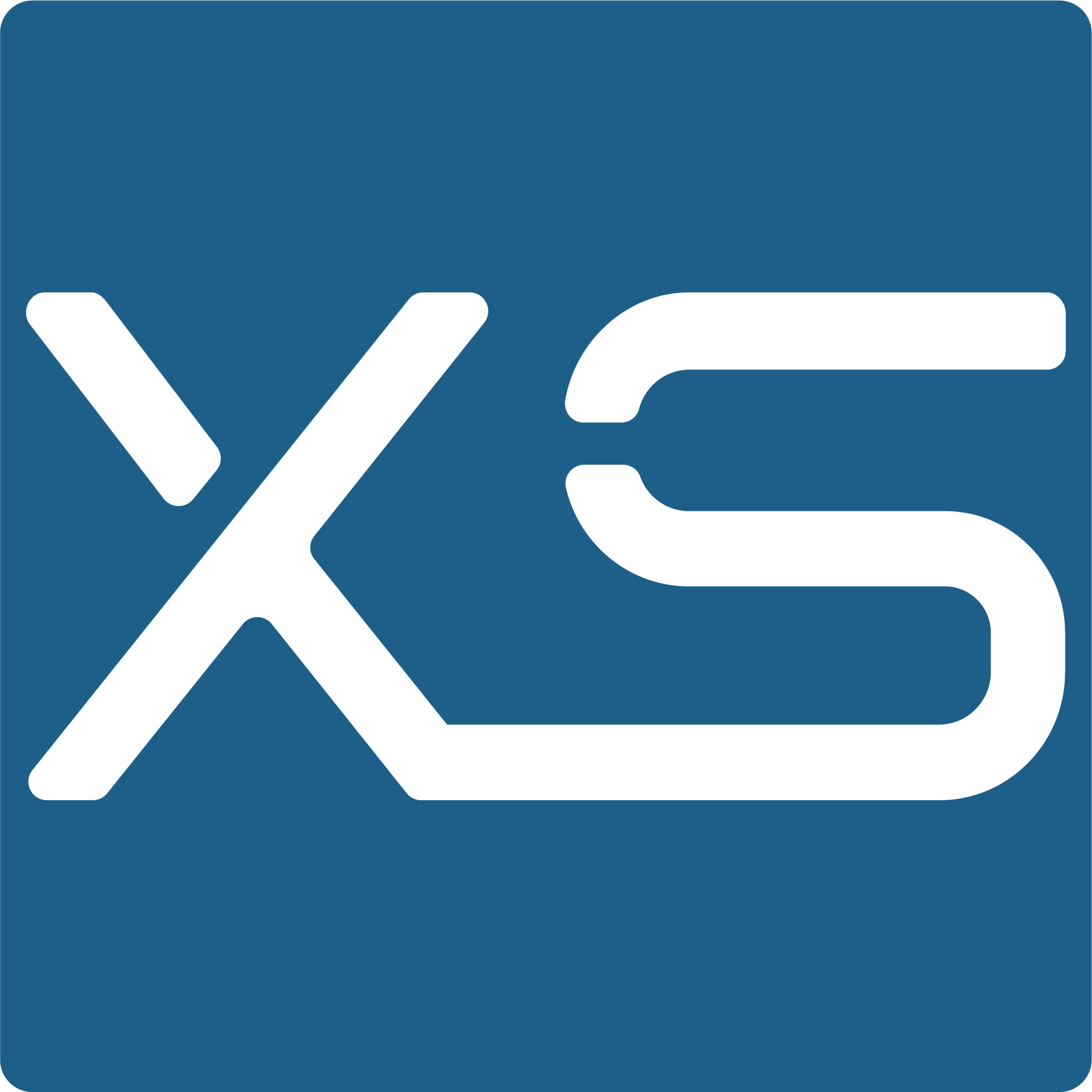You’ll need to use a cryptocurrency exchange if you want to purchase or sell cryptocurrencies.
These online services are similar to stockbrokers. They allow you to purchase and sell digital currencies․ For example Bitcoin, Ethereum, and Dogecoin.
With minimal costs and solid security features, the top cryptocurrency exchanges make it simple to purchase and sell the currencies you desire.
Let’s now present you Best Crypto Exchanges in 2022
It’s vital to consider supported currencies, pricing, withdrawal choices, and security when choosing the best cryptocurrency exchange for your needs. It is what we did while compiling this list of the best cryptocurrency exchanges.
Continue reading to find out Best Crypto Exchanges.
- Best Overall: Coinbase and Coinbase Pro
- For Beginners: Cash App
- Decentralized Exchange: Bisq
- For Altcoins: Binance.US
Investing in cryptocurrencies, Decentralized Finance (DeFi), and other Initial Coin Offerings (ICOs) is highly speculative and dangerous, with markets that can be quite volatile.
Before making any financial decisions, seek advice from a certified specialist.
This post does not constitute an investment suggestion by Investopedia or the author, nor can the accuracy or timeliness of the information be guaranteed.
Coinbase and Coinbase Pro
:max_bytes(150000):strip_icc():format(webp)/Coinbase_Wordmark-719a982e55e945fc93a3b1770b6a9aa9.jpg)
It facilitates the purchase and sale of cryptocurrencies while maintaining a high level of security.
Coinbase now provides Coinbase Pro, which has the same cost structure as Coinbase but has a lot more charts and indicators.
Pros
- Solid variety of altcoin choices
- Extremely simple user interface
- Very high liquidity
Cons
- User does not control wallet keys
Coinbase has generally avoided any scandal in the cryptocurrency market. Coinbase provides an incredibly user-friendly exchange, lowering the barrier to entry for cryptocurrency investment, which is often perceived as complex and perplexing.
Investors and traders can also put their funds in Coinbase’s insured custodial wallets. The Coinbase custodial accounts are ideal for new users getting their feet wet, but the private keys to the coins belong to Coinbase, not the investor.
Coinbase now provides the Coinbase Pro edition, which has the same pricing structure but substantially more charting and indicator options.
Coinbase Pro is a great next step for individuals who’ve gotten their feet wet with Coinbase, and it helps complete out the whole offering by providing features that a more advanced user would appreciate.
Best for Beginners Cash App
:max_bytes(150000):strip_icc():format(webp)/cash-app-logo-180e2a0d248a4357bd9642f328a643a3.png)
It’s simple to use and offers a variety of withdrawal choices to other bitcoin wallets.
Pros
- Peer-to-peer money transfer like Venmo or Zelle
- Ability to withdraw Bitcoin
- Extremely simple user interface
Cons
- Only supports Bitcoin and no other cryptocurrencies
- Charge when sending money via credit card
- Daily and weekly withdrawal limits apply
Cash App, like Venmo, is a peer-to-peer money transfer service.
Users can use Cash App to divide food, pay rent to a roommate, and even shop online at stores that accept Cash App. Also have their own Cash App debit cards and utilize Cash App like a bank account.
Users of Cash App can also invest in equities, exchange traded funds (ETFs), and Bitcoin.
This exchange’s mobile-first interface is simple to understand and operate, making it perfect for first-time investors.
It features a simple bitcoin investment option in addition to its main purpose of money transfers.
We chose Square’s Cash App over Robinhood as the best alternative for beginners wanting to acquire Bitcoin since it allows customers to withdraw cryptocurrency deposits to their own wallets.
In the bitcoin world, the ability to withdraw cryptocurrency from an exchange is critical.
You can invest and trade cryptocurrencies using Robinhood, but you can’t withdraw or spend it.
One disadvantage, similar to Coinbase, is that you still do not have ownership over the private keys. This principle is known in the cryptocurrency community as “not your keys, not your coin.” This means that if you don’t have the private keys to the wallet where the coins are held, you don’t own them.
Best Decentralized Exchange Bisq
:max_bytes(150000):strip_icc():format(webp)/bisq-logo-a0643922d5f44b1491778e82053b04f9.png)
It’s a decentralized, open-source exchange that doesn’t require you to know who you’re dealing with.
Pros
- Decentralized, non-KYC platform
- More than 15 different payment options
- Mobile app for both Android and iOS
Cons
- Transaction speed can be slow
- Trading volumes can be low
- Not designed for active trading
Bisq is a downloadable software and peer-to-peer decentralized Bitcoin and cryptocurrency exchange that, like Bitcoin itself, has no single point of failure and cannot be shut down.
Bisq is non-custodial, which means that no one but the user has access to or control over the user’s funds.
It differs from centralized exchanges such as Coinbase in that Coinbase holds the user’s funds in a custodial account over which the user has no access.
If Coinbase believes your account behavior is questionable, it has the power to freeze your account, whether or not the action is unlawful in your location.
Because there is no registration process or KYC rule, Bisq is instantaneously accessible to anyone with a computer or smartphone.
This makes it suitable for those seeking privacy, as well as dissidents living under oppressive regimes or those who lack government-issued identification.
Bisq allows you to trade a variety of fiat currencies, including the US dollar, Bitcoin, and a number of other cryptocurrencies.
Low trading volumes and slower transactions may be a result of its decentralized and peer-to-peer nature, but for others, this is well worth it.
Best for Altcoins Binance.US
:max_bytes(150000):strip_icc():format(webp)/binance-logo-f8722d11f9d34955b6135202a1ab184d.png)
It supports a wide range of currencies in addition to the most popular digital coins.
Pros
- Lower fees than other commonly used exchanges
- Large variety of cryptocurrencies and trading pairs
- More advanced charting
Cons
- Geared for more advanced users
- Binance.US has fewer trading pairs than international version
- Not all states supported
Binance is a cryptocurrency exchange that was established in 2017 with a significant focus on altcoin trading.
In 2019, Binance was outlawed in the United States, but the company was spun off.
US. Binance has dominated the worldwide exchange space as of November 2021, accounting for a major share of daily cryptocurrency trading volume.
Global customers can only deposit U.S. dollars through the Society for Worldwide Interbank Financial Telecommunications (SWIFT), however you can buy a limited number of cryptocurrencies directly with a credit or debit card.
Deposits in 12 different fiat currencies, including the Euro, are permitted.
Binance is a good choice for anyone looking to trade or invest in lesser-known altcoins.
Binance is a wonderful alternative for someone who needs more advanced charting than most other exchanges, as it offers more than 50 different cryptocurrencies to trade.
The tools, graphing capabilities, and data that come with your account are extremely outstanding, especially for the low prices.
If you want to start trading or investing in cryptocurrencies, it’s critical to select the appropriate exchange for your needs.
There is a decent alternative for you whether you want the most currencies, the lowest fees, or the easiest experience.
All you need is a funded account to buy your first bitcoin, whether it’s through our overall winner Coinbase or a competitor like Binance.
Centralized Exchange
The centralized exchange is the first and most popular type of exchange. Coinbase, Binance, Kraken, and Gemini are examples of popular exchanges in this category. These are private companies that provide bitcoin trading platforms.
The Know Your Customer (or Know Your Client) guideline requires registration and identity for certain transactions.
All of the above exchanges have active trading, significant volumes, and liquidity. Centralized exchanges, on the other hand, are incompatible with the Bitcoin ideology. They run on their own private servers, creating an attack vector.
If the company’s servers are hacked, the entire system could be taken down for a period of time. Worse, sensitive information about its users may be made public.
The larger, more well-known centralized exchanges provide by far the smoothest on-ramp for new users, and they even offer some form of insurance in the event that their systems fail. While this is true, when you buy cryptocurrency on these exchanges, it is housed in their custodial wallets rather than your own wallet, which you control.
The insurance given is only valid if the exchange is at fault. If your computer and Coinbase account, for example, were to be hacked, you would lose all of your money and be unable to file a claim for insurance. This is why it is critical to withdraw big sums of money and store them safely.
Decentralized Exchange
Decentralized exchanges function in the same way as Bitcoin. There is no central point of control in a decentralized exchange. Instead, think of it as a server, except that each computer on the server is distributed around the globe, and each computer that makes up one part of the server is controlled by a single person.
If one of these computers fails, the network will continue to function since there are enough additional computers to keep the network working.
This is in stark contrast to a single corporation operating a single server in a single location. Attacking something that is dispersed and decentralized in this way is far more difficult, making such attempts implausible and likely futile.
Because of this decentralization, these types of exchanges are not subject to the restrictions of any regulatory authority, as the system is not controlled by a single person or group.
Individuals who engage come and go, therefore a government or regulatory body can’t realistically pursue any one person or group.
This means that those who trade on the site are not required to reveal their identities and are free to utilize the network in any way they see fit, whether legal or illegal.
Click here to read more useful and interesting articles.

